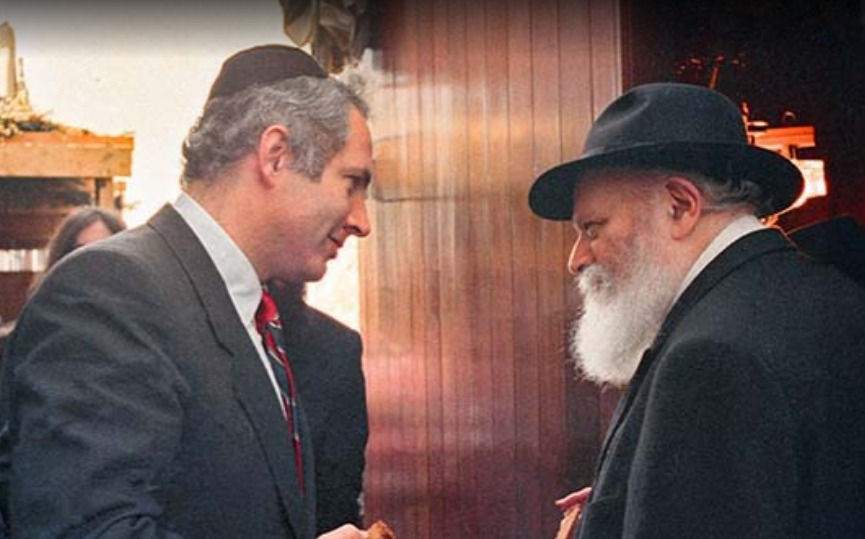You Got Tofes Arba – Now What?
- Gedaliah Borvick

- Oct 25, 2025
- 3 min read
Updated: Nov 24, 2025

Having guided thousands of overseas buyers, we’ve found one question comes up time and again: What happens after Tofes Arba? This guide walks you through the process.
After years of anticipation, the big moment has finally arrived: the building has received Tofes Arba, the official Certificate of Occupancy. For buyers who purchased “on paper,” this milestone marks the end of construction - and the beginning of ownership. But as many quickly learn, getting the keys isn’t a single event; it’s a process involving coordination, documentation, and final payments.
Tofes Arba. Tofes Arba is issued by the municipality once a building meets all safety and infrastructure standards. It authorizes permanent electricity, water, and occupancy - the signal that the property is ready for handover. In simple terms, it’s when the apartment becomes livable, though a few steps remain before the buyer actually receives the keys.
Once Tofes Arba is granted, the developer notifies buyers that handovers will begin. Before receiving keys, buyers must make their final payment, open water, electric, and arnona (municipal tax) accounts, obtain home insurance, and sign the management agreement for the vaad bayit (condo fees).
Protocol. After these steps are complete, the buyer or their representative conducts a walk-through inspection of the apartment. This step is crucial: during the walk-through, a punch list of issues - called a “protocol” - is created, and the developer fixes them after handover. If any defects prevent occupancy, they must be repaired before the keys are released.
Timing. Typically, the period between Tofes Arba and key delivery lasts a few weeks, depending on how quickly buyers finalize payments and paperwork. For overseas clients, delays often come from logistics such as wiring funds, signing documents, or scheduling the walk-through.
Possession. Once the keys are handed over, ownership officially transfers, and the buyer is responsible for managing the apartment - including utilities, taxes, and maintenance. The next steps usually include setting up communications (internet, cable, and phone), opening a gas account, and coordinating deliveries and installations such as furniture, appliances, and light fixtures. Buyers should also keep the contact list provided by the developer, which includes details for each subcontractor - for systems such as air conditioning, heating, doors, kitchens, and solar water heaters. These contacts are often needed for set-up and service calls.
Property Manager. Many overseas buyers use a property manager to handle all of this - from dealing with Israeli bureaucracy to coordinating deliveries. If a designer was involved in your apartment, they usually oversee items that fall within their scope. For those renting out their apartment, your property manager will guide you on which responsibilities belong to the owner and which to the tenant.
The building management company maintains the common areas - cleaning, elevators, landscaping, and security - but not inside the apartments. Overseas owners often hire private property managers to oversee their unit, prepare it for visits, and handle tenant needs if rented out.
Israeli Bank Account. For buyers with an Israeli mortgage, an Israeli bank account is required and many mortgage brokers can help clients open the account remotely. Those without a mortgage can typically pay ongoing fees such as arnona, management, insurance, and utilities using an international credit card.
Handover. For purchasers who can’t be in Israel for the handover, it’s essential to appoint a trusted representative - a lawyer, property manager, or friend - to attend the walkthrough, record any issues, and collect the keys. Power of attorney can be granted if documents need to be signed. Importantly, “I’ll be in Israel in four months” isn’t a reason to delay payment; once Tofes Arba is issued, the apartment must be delivered, even if the buyer isn’t present.
Receiving the keys after years of waiting is thrilling - but it’s a process. The better prepared you are, the smoother it will go. With professionals guiding you, you’ll avoid nearly all the headaches.
Gedaliah Borvick is the founder of My Israel Home, a real estate agency focused on helping people from abroad buy and sell homes in Israel. To sign up for his monthly market updates, contact him at gborvick@gmail.com. Please visit his blog at www.myisraelhome.com.



